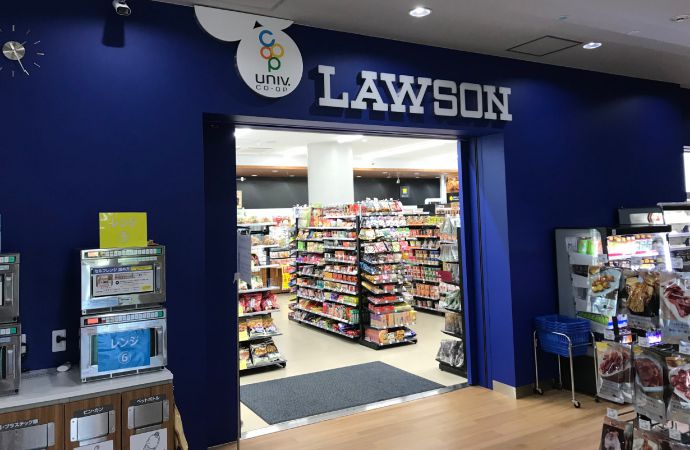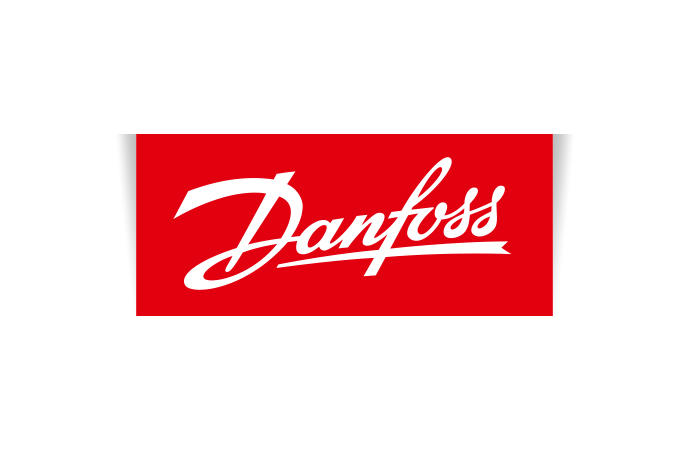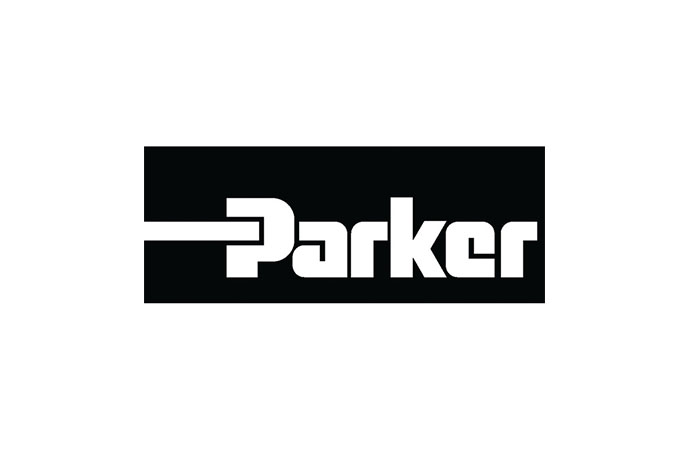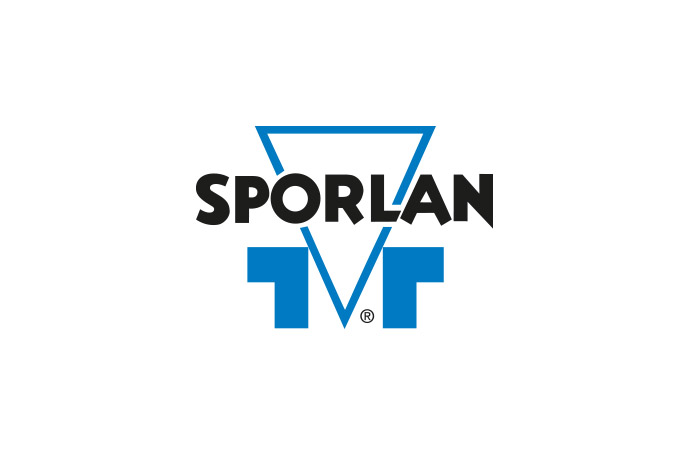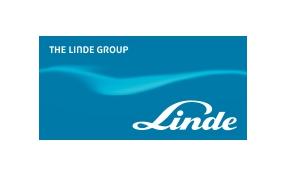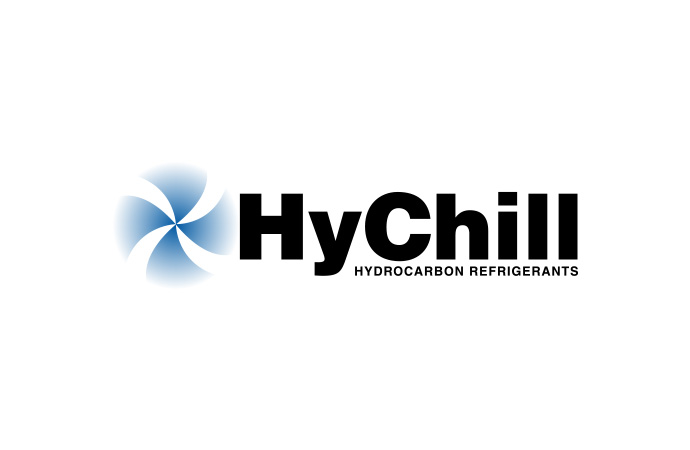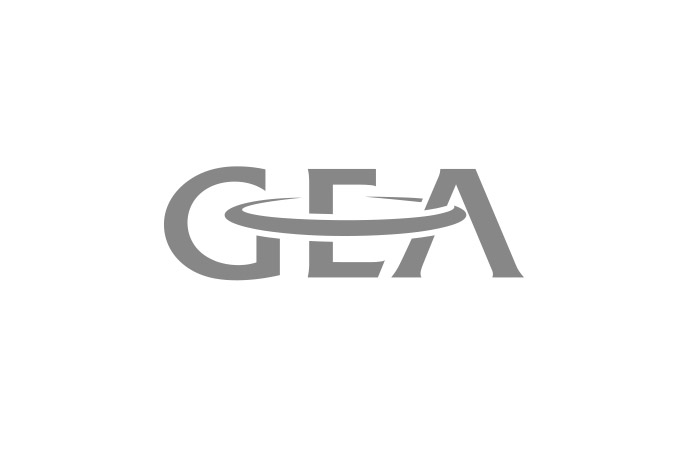Parties to the ozone Treaty discuss this week in Thailand amendments to the Montreal Protocol. Discussions focus on alternatives to HCFCs in order to guide developing countries on how to comply with the forthcoming global ban on ozone depleting substances (ODS). hydrocarbons21.com interviewed the Chinese manufacturer Gree about its plans to market hydrocarbon air conditioners in the world markets.

From 8-12 November, 195 countries meet in Bangkok, Thailand to discuss further action under the Montreal Protocol so that they all achieve a successful transition from ODS to energy efficient alternatives with low or zero global warming potential in order to maximize the climate benefits that the ozone treaty can bring about.146 developing countries will be drafting national HCFC phase-out management plans for the next two years, where they need to include alternatives with strong energy credentials, zero ozone depleting potential and the lowest global warming potential possible.
The Chinese manufacturer Gree in cooperation with GTZ Proklima and funded by the German Ministry for Environment, Nature Conservation and Nuclear Safety within the framework of the International Climate Initiative has deployed a demonstration project for hydrocarbon air conditioning that it presented at the 22nd Meeting of the Parties in Bangkok. The Gree contribution was essential for national delegations to understand this state-of-the-art technology and the extent to which it can help many countries meeting their objectives to ban HCFCs.
hydrocarbons21.com interviewed the spokesperson (Oversea Sales Deparment) of Gree present at the event.
hydrocarbons21.com: For those readers who are not familiar with the Gree-GTZ Proklima project, how could you describe it in a few words?
Stephanie Zheng: The development of the Gree hydrocarbon air conditioning is a demonstration project for the conversion of a production line for residential air-conditioners (split units) from HCFC-22 to HC-290. GTZ-Proklima provided technical assistance to make this happen.
hydrocarbons21.com: What are the main features of this product?
Stephanie Zheng: If I had to summarize this new product in four points, the Gree R290 uses hydrocarbon technology with zero effect on the ozone layer and a negligible effect on global warming. In addition, the Gree 290 achieves a lower refrigerant charge and greater energy efficiency in comparison with an R22 air conditioner and other available HFC alternatives in the market. Last but not least, in order to satisfy high safety standards, a special leak detection alarm system has been put in place, allowing the user to handle a leakage in an efficient and simple way.
hydrocarbons21.com: What makes this project so special?
Stephanie Zheng: The Gree hydrocarbon split air conditioner is the first R290 production line which will be approved by TÜV SÜD in the world. We believe it to be the most suitable technology to reduce by almost 99% the direct global warming emissions from all the air conditioning systems worldwide.
hydrocarbons21.com: The mere fact of using hydrocarbons in an air conditioning system is it enough to achieve less indirect carbon emissions?
Stephanie Zheng: Gree has developed a special compressor for the R290 air conditioner. This compressor has reached a coefficient of performance of up to 3.4 which is higher than that of other companies’ R290 compressors. In comparison with an R22 system, the Gree 290 achieves 10-15% less energy consumption.
hydrocarbons21.com : Have you cleared all the hydrocarbon safety tests successfully?
Stephanie Zheng: The Gree product fulfills all the safety standards that are in place. We have passed all tests that have granted the product VDE and GS certification. When families buy toys for their children, they also bear GS certification, which is deemed to be satisfactory for the child’s safety. Why shouldn’t the same apply for the Gree 290 air conditioner?
We are expecting the TUV certification to be announced soon, too.
hydrocarbons21.com : So, what could go wrong with the Gree 290?
Stephanie Zheng: Nothing could go wrong, that is why Gree is doing it! All standards that are in place have been met and we are confident about our product. If the air-conditioner is installed and operated and serviced according to the manufacturers’ instructions and complies with the safety standards in place, there is no risk associated to this particular product (compared to any other air-conditioner in the field)Let me remind your readers how wrong we were when back in the ‘90s we did not trust the Greenfreeze technology for hydrocarbon fridges. It has proven to be a major technological success alongside with an environmental one.
And one also needs to remember that safety guides on hydrocarbon technology have been put in place by GTZ Proklima and TÜV SÜD to provide users with state-of-the-art advice on how to handle flammable refrigerants.
hydrocarbons21.com : Can your product live up to the market expectations?
Stephanie Zheng: Definitely. We will enter in the production phase of units with 9000 BTU and 12000 BTU. We are also currently testing the possibility to minimize the hydrocarbon refrigerant charge for larger units with 18000 BTU. Finally, in order to meet all types of demand, Gree will launch the production of hydrocarbon dehumidifiers and portable air conditioners in March 2011.
hydrocarbons21.com : What are your marketing plans?
Stephanie Zheng: The production of the Gree R290 will be completed by the end of 2010 and will be marketed from 2011 onwards. We expect to sell 100.000 units annually.
hydrocarbons21.com : Looking back at the development of the project, what were the biggest challenges to overcome?
Stephanie Zheng: Restrictive hydrocarbon safety regulations have been an issue. In China, the government has opened up to dialogue with stakeholders on this topic and this has made the development of the project possible. We really hope that other countries will follow this path.
Of course, developing countries that need to ban HCFC systems can rely on hydrocarbon air conditioning systems to meet their objectives in the most efficient way.
The Chinese manufacturer Gree in cooperation with GTZ Proklima and funded by the German Ministry for Environment, Nature Conservation and Nuclear Safety within the framework of the International Climate Initiative has deployed a demonstration project for hydrocarbon air conditioning that it presented at the 22nd Meeting of the Parties in Bangkok. The Gree contribution was essential for national delegations to understand this state-of-the-art technology and the extent to which it can help many countries meeting their objectives to ban HCFCs.
hydrocarbons21.com interviewed the spokesperson (Oversea Sales Deparment) of Gree present at the event.
hydrocarbons21.com: For those readers who are not familiar with the Gree-GTZ Proklima project, how could you describe it in a few words?
Stephanie Zheng: The development of the Gree hydrocarbon air conditioning is a demonstration project for the conversion of a production line for residential air-conditioners (split units) from HCFC-22 to HC-290. GTZ-Proklima provided technical assistance to make this happen.
hydrocarbons21.com: What are the main features of this product?
Stephanie Zheng: If I had to summarize this new product in four points, the Gree R290 uses hydrocarbon technology with zero effect on the ozone layer and a negligible effect on global warming. In addition, the Gree 290 achieves a lower refrigerant charge and greater energy efficiency in comparison with an R22 air conditioner and other available HFC alternatives in the market. Last but not least, in order to satisfy high safety standards, a special leak detection alarm system has been put in place, allowing the user to handle a leakage in an efficient and simple way.
hydrocarbons21.com: What makes this project so special?
Stephanie Zheng: The Gree hydrocarbon split air conditioner is the first R290 production line which will be approved by TÜV SÜD in the world. We believe it to be the most suitable technology to reduce by almost 99% the direct global warming emissions from all the air conditioning systems worldwide.
hydrocarbons21.com: The mere fact of using hydrocarbons in an air conditioning system is it enough to achieve less indirect carbon emissions?
Stephanie Zheng: Gree has developed a special compressor for the R290 air conditioner. This compressor has reached a coefficient of performance of up to 3.4 which is higher than that of other companies’ R290 compressors. In comparison with an R22 system, the Gree 290 achieves 10-15% less energy consumption.
hydrocarbons21.com : Have you cleared all the hydrocarbon safety tests successfully?
Stephanie Zheng: The Gree product fulfills all the safety standards that are in place. We have passed all tests that have granted the product VDE and GS certification. When families buy toys for their children, they also bear GS certification, which is deemed to be satisfactory for the child’s safety. Why shouldn’t the same apply for the Gree 290 air conditioner?
We are expecting the TUV certification to be announced soon, too.
hydrocarbons21.com : So, what could go wrong with the Gree 290?
Stephanie Zheng: Nothing could go wrong, that is why Gree is doing it! All standards that are in place have been met and we are confident about our product. If the air-conditioner is installed and operated and serviced according to the manufacturers’ instructions and complies with the safety standards in place, there is no risk associated to this particular product (compared to any other air-conditioner in the field)Let me remind your readers how wrong we were when back in the ‘90s we did not trust the Greenfreeze technology for hydrocarbon fridges. It has proven to be a major technological success alongside with an environmental one.
And one also needs to remember that safety guides on hydrocarbon technology have been put in place by GTZ Proklima and TÜV SÜD to provide users with state-of-the-art advice on how to handle flammable refrigerants.
hydrocarbons21.com : Can your product live up to the market expectations?
Stephanie Zheng: Definitely. We will enter in the production phase of units with 9000 BTU and 12000 BTU. We are also currently testing the possibility to minimize the hydrocarbon refrigerant charge for larger units with 18000 BTU. Finally, in order to meet all types of demand, Gree will launch the production of hydrocarbon dehumidifiers and portable air conditioners in March 2011.
hydrocarbons21.com : What are your marketing plans?
Stephanie Zheng: The production of the Gree R290 will be completed by the end of 2010 and will be marketed from 2011 onwards. We expect to sell 100.000 units annually.
hydrocarbons21.com : Looking back at the development of the project, what were the biggest challenges to overcome?
Stephanie Zheng: Restrictive hydrocarbon safety regulations have been an issue. In China, the government has opened up to dialogue with stakeholders on this topic and this has made the development of the project possible. We really hope that other countries will follow this path.
Of course, developing countries that need to ban HCFC systems can rely on hydrocarbon air conditioning systems to meet their objectives in the most efficient way.
MORE INFORMATION
Related stories


